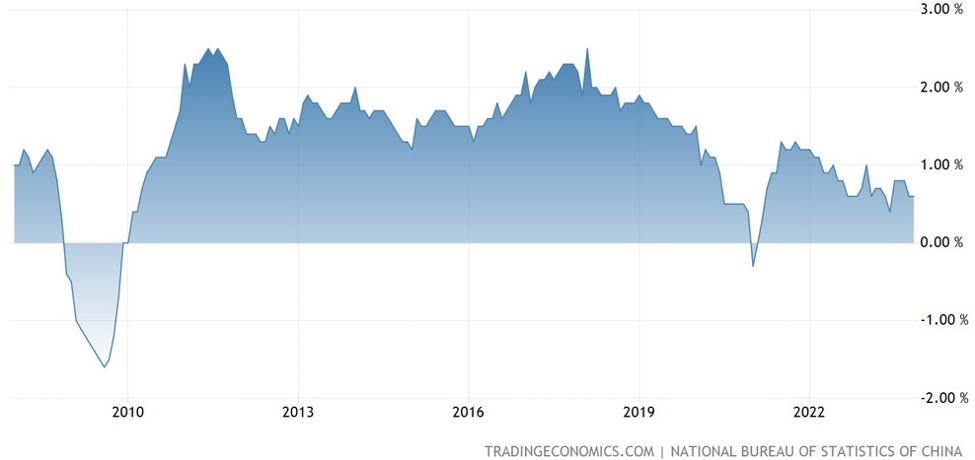Tata Consultancy Services (TCS): Investment Outlook – July 2025
Is TCS a Good Long-Term Investment?
Tata Consultancy Services (TCS) appears to offer a strong long-term investment proposition for Indian investors seeking stability and steady returns over 3-5 years or more. Its robust financial health, strategic investments in emerging technologies, and resilient business model position it well within the global IT landscape.
What Are TCS’s Key Strengths?
-
Financial Stability: Near-zero debt, strong cash flows, and consistent dividend payments.
-
Technological Leadership: Aggressive integration of AI and Generative AI in core services, with platforms like TCS Crystallus™ and ignio™.
-
Strong Talent Pool: Extensive employee upskilling initiative, aiming for 300,000 AI/ML-trained professionals by 2025.
-
Diversified Revenue Streams: Significant global presence across North America, Europe, and India, mitigating geographical risks.
-
Reliable Deal Pipeline: Strong client relationships with a record Total Contract Value (TCV) of $39.4 billion in FY25.
How Has TCS Performed Financially Recently?
-
Revenue (FY25): ₹259,286 crore (+6.0% YoY; 4.2% constant currency growth).
-
Net Profit (FY25): ₹48,797 crore (+5.9% YoY).
-
Operating Margin: 24.3%; Net Margin: 19.0%.
-
Free Cash Flow: $5.49 billion (FY25).
-
Debt-to-Equity Ratio: Nearly zero, reflecting exceptional financial prudence.
What Are Potential Reasons to Consider Investing in TCS? (Pros)
-
Stable and Predictable Revenue: Reliable income from diverse and enduring client relationships.
-
Future-Ready Strategy: Heavy investments in cutting-edge technologies such as AI, cloud computing, and IoT.
-
Strong Financial Health: Exceptional cash generation, debt-free balance sheet, and consistent dividends.
-
Talent and Innovation: Comprehensive employee training initiatives, promoting sustained market leadership.
-
Geographical Diversification: Reduces dependency risks and promotes revenue stability.
What Challenges Should Investors Be Aware Of? (Cons)
-
Slowing Revenue Growth: Recent modest growth (2-6% YoY) due to macroeconomic uncertainties.
-
Profit Margin Pressure: Wage inflation and investments in infrastructure leading to slight margin reduction.
-
Intense Competition: High competition from peers (Infosys, HCLTech) requires continuous innovation and strategic agility.
-
Talent Retention Concerns: Risks associated with delayed salary hikes and industry-wide talent shortages.
-
Currency Risks: Potential appreciation of INR could negatively impact earnings for Indian investors.
How Does TCS Compare to Its Competitors?
TCS remains a market leader, notably outperforming in securing new contracts. However, its revenue growth aligns closely with the industry average, facing intense competition from peers like HCLTech and Infosys. TCS’s robust deal pipeline and strong operational efficiencies provide competitive advantages despite broader industry headwinds.
Is TCS Stock Fairly Valued?
-
Price-to-Earnings Ratio (P/E): Approximately 25.6, slightly below its historical average and aligned with industry standards.
-
Analyst Sentiment: Predominantly positive with a consensus suggesting a modest price upside (~10% from current levels).
How Might Macroeconomic Factors Impact TCS?
-
Positive: Strong projected Indian GDP growth (6.5% annually) supports domestic revenue diversification.
-
Negative: Potential currency headwinds from INR appreciation could adversely impact earnings.
Key Considerations for Young Investors:
-
Focus on Long-Term Growth: Strategic investments in AI and digital technologies may take several years to yield substantial returns.
-
Moderate Short-Term Expectations: Anticipate stability and gradual appreciation rather than rapid gains.
-
Monitor External Factors: Stay attentive to global economic conditions and TCS’s ability to manage wage inflation and talent retention.
Should Investors Consider Buying TCS Stock Now?
For investors seeking stability, consistent returns, and exposure to digital transformation, TCS may be considered a solid cornerstone stock for long-term accumulation.
Okay, I may be ready possible dip at TCS as it share price may get in the range of ₹3,200 – ₹3,350 per share. How do you “buy a dip”?
Is TCS Stock a Buy? I think it can be soon!
First of all, you need to accept that there is no guarantee that a “dip” will occur and that you will catch it right now (it may also come later and you might miss it, as an example). Whoever is promising you that you will, for sure, catch a dip, and/or profit, is simply lying or has no idea what he’s doing in this game.
When we aim to buy dips, we aim to decypher zones that have higher probabilities than others and where we can have a good reward vs. risk position (our stops are not too far, our risk is not too high compared to our upside potential). And where the chart tells us a trustworthy story. Let’s dive in to this example:
Exclusive TCS Stock Analysis Video: Is TCS Stock a Buy? I think it can be soon! Here’s how to buy a possible dip.
Disclaimer: This analysis is not financial advice. Investors should conduct their own research and consider investing at their own risk. ForexLive.com will evolve into InvestingLive.com at the end of this summer.
ForexLive.com
is evolving into
investingLive.com, a new destination for intelligent market updates and smarter
decision-making for investors and traders alike.















